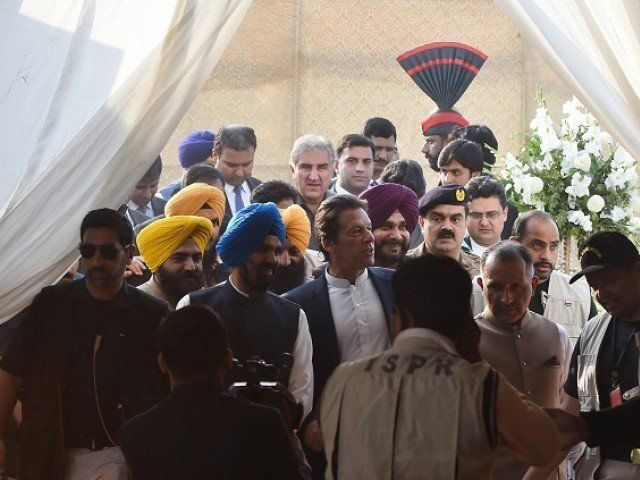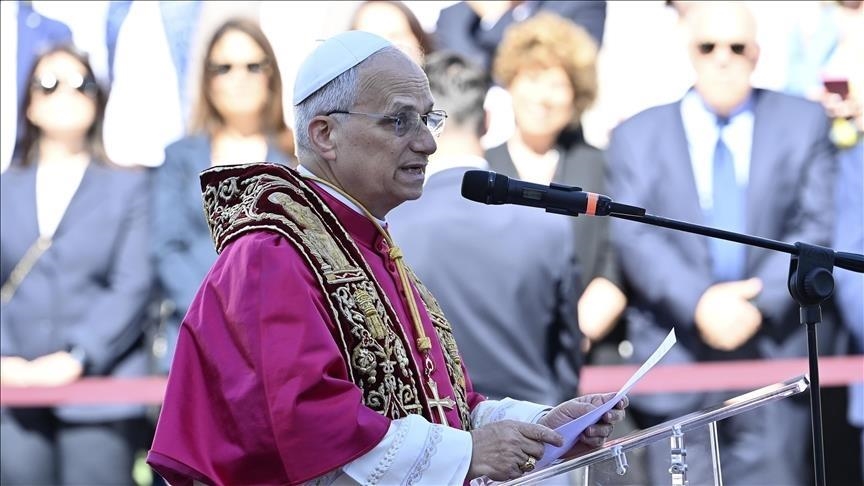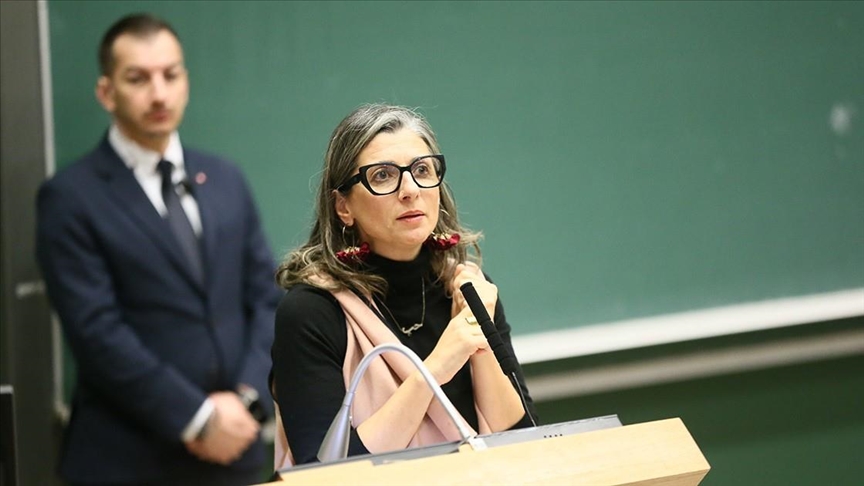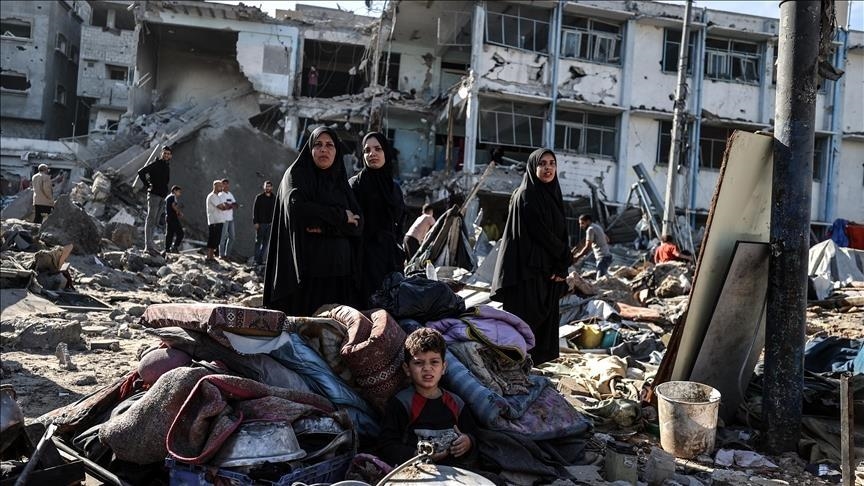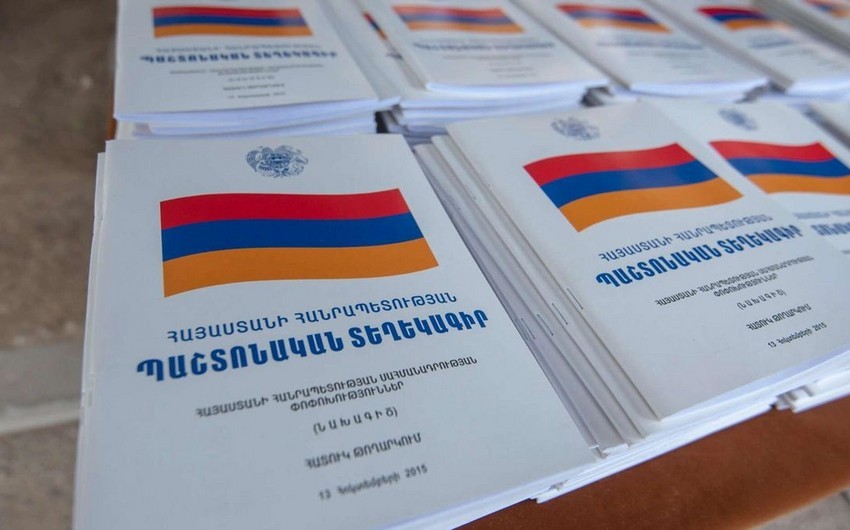Imran Khan lives with many unfinished businesses of his predecessors. The weight of history is heavy and so are the responsibilities as he wears the crown of Prime Ministership. So being in the saddle that rides the horse expected to clear many hurdles, it was pleasing to hear him talk about ‘peace’ in the post-groundbreaking ceremony of the Kartarpur corridor. Most interesting and immediate was the response by the opposition — primarily the leadership and followers of the PML-N — the party that handed over the reins of governance to Imran Khan’s PTI. They argued why their leadership was accused of all kinds of ‘anti-Pakistaniyaat’ when it extended a hand of friendship to the Indians? May it be the former prime minister Nawaz Sharif’s participation in the swearing-in ceremony of Nerandra Modi as prime minister of India in May 2014 or the private (stopover) visit by the Indian PM (the first since 2004) on his return from Afghanistan in Dec 2015. The personal one-on-one rapport between the two leaders didn’t bring about the much sought peaceful political outcome.
McMaster, the former US National Security Adviser, authored a book in 1997 titled Dereliction of Duty — considered as a field manual for avoiding another Vietnam War. The book refers to the joint chiefs who oversaw the Vietnam War as ‘five silent men’ who failed to establish the essential personal rapport with the civilian leadership so that they could speak their minds. This communication disconnect resulted in ‘US military fidgeting without clear objectives’, ‘US Presidents interfering with operations’ and ‘US public not mobilised behind the war effort’. Result? ‘Vietnam was a disaster’. Unfortunately for former PM Nawaz Sharif and his government as well as Pakistan, when it came to civil-military relations, Sharif and his conduct was also found ‘too wanting’ to develop any kind of rapport with military leadership of the country. His government’s diplomatic unsuccessfulness lay in its inability to seek and accommodate military recommendations and advice and align them with the ‘peace-seeking and peace-enabling’ environment that it wanted to or could create. With Sharif and his government in power all the Indian-Pakistani ‘political and diplomatic discussions and settlements’ remained very ‘privatised’ and seemed more to be the ‘means’ rather than an ‘end’. Thus any conflict-resolution or settlement between India and Pakistan could not be reached as it seemed based only on the strong political impulse or whims of the civilian leadership alone.
The lesson — with Pakistan undoubtedly in a state of war and also exposed to both internal as well as external threats, no Pakistan-India rapprochement policy can proceed forward without the Pakistan military’s participation in it. In the existing threat environment, it’s not the military’s exclusion but inclusion in national security policy-making that can be the difference between a futile or fruitful political effort.
Had the PML-N government’s ‘Indian rapprochement policy’ not been two-pronged, it might have succeeded. Its first prong was ‘Indian engagement’ which was all right as long as the military was not kept in the dark and knew the broad contours of this engagement. While this was still alright, the second prong — (lest we forget) was of dangerous consequences — ‘challenging own military’ which post-Sharif judicial conviction took the shape of an ‘outright confrontation’. Whether it was out of self-preservation or any other motive, the PML-N government only ended up distancing itself from the military establishment to a very large scale. The McMaster’s proffered ‘dereliction and neglect’ to ‘political duty’ and Sharif’s inability also to develop any personal rapport with the military leadership of the country are the two reasons that stand out as the ‘political non-enablers’ for the PML-N ending up unsuccessful in executing its rapprochement strategy with India.
The current bilateral talks offered by the PTI have also been met with Indian reluctance but the Kartarpur ceremony at least demonstrated to the whole world the existing ‘civil-military harmonisation’ and how if any ‘political settlement’ needs a compromise then both the civil-military leadership in Pakistan stand together to discuss and talk about it. While India may continue to view such a compromise ‘as a bridge too far’, Pakistan by taking the initiative on the Kartarpur Corridor has indicated its willingness in building corridors and bridges through which political desires can take the shape of reality.
Prime Minister Imran Khan made a mention of how “India and Pakistan may have fought wars and killed, but there is no massacre similar to that between Germany and France.” If their leaders could break with the past, why couldn’t India and Pakistan. As of now, the response from the Indian side has been very cold as its Minister of External Affairs has already conveyed that the dialogue process is not connected to Kartarpur Corridor and also that India was unwilling to attend the upcoming Saarc Summit in Pakistan. That’s nothing new as that has been India’s official position for a very long time but this should not dampen the desire for peace that PM Imran Khan’s government pursues. India needs to clearly understand what is coming from Pakistan and under which environment? Is it only politically ‘opportunistic’ or a state-driven policy that in nature is truly strategic?
Any Pakistan-India deal built or a ‘civil-military split’ cannot be politically endurable. The failure of this, the Indians must carry as an experience in the previous government’s time. On the other hand, PM Khan would be well advised to wait for six months for the Indian elections are due to be held in April/May 2019. The next six months are only likely to witness an upsurge and maximisation of anti-Pakistan rhetoric because that is what earns parties like the BJP votes in elections.
In the meantime, the Pakistani government and the military need to keep its security shield raised. Reading Bob Woodword’s latest book Fear — Trump in the White House tells you how American CIA has maintained 3,000-strong covert army in Afghanistan. Bob Woodward writes that they have been ‘conducting dangerous and highly-controversial cross-border operations into neighbouring Pakistan’ — this not only exposes the myth of Pakistan being ‘used’ as a ‘major non-Nato ally’ but also the many dangers that Pakistan is still exposed to in this hybrid war that it continues to confront and fight.

